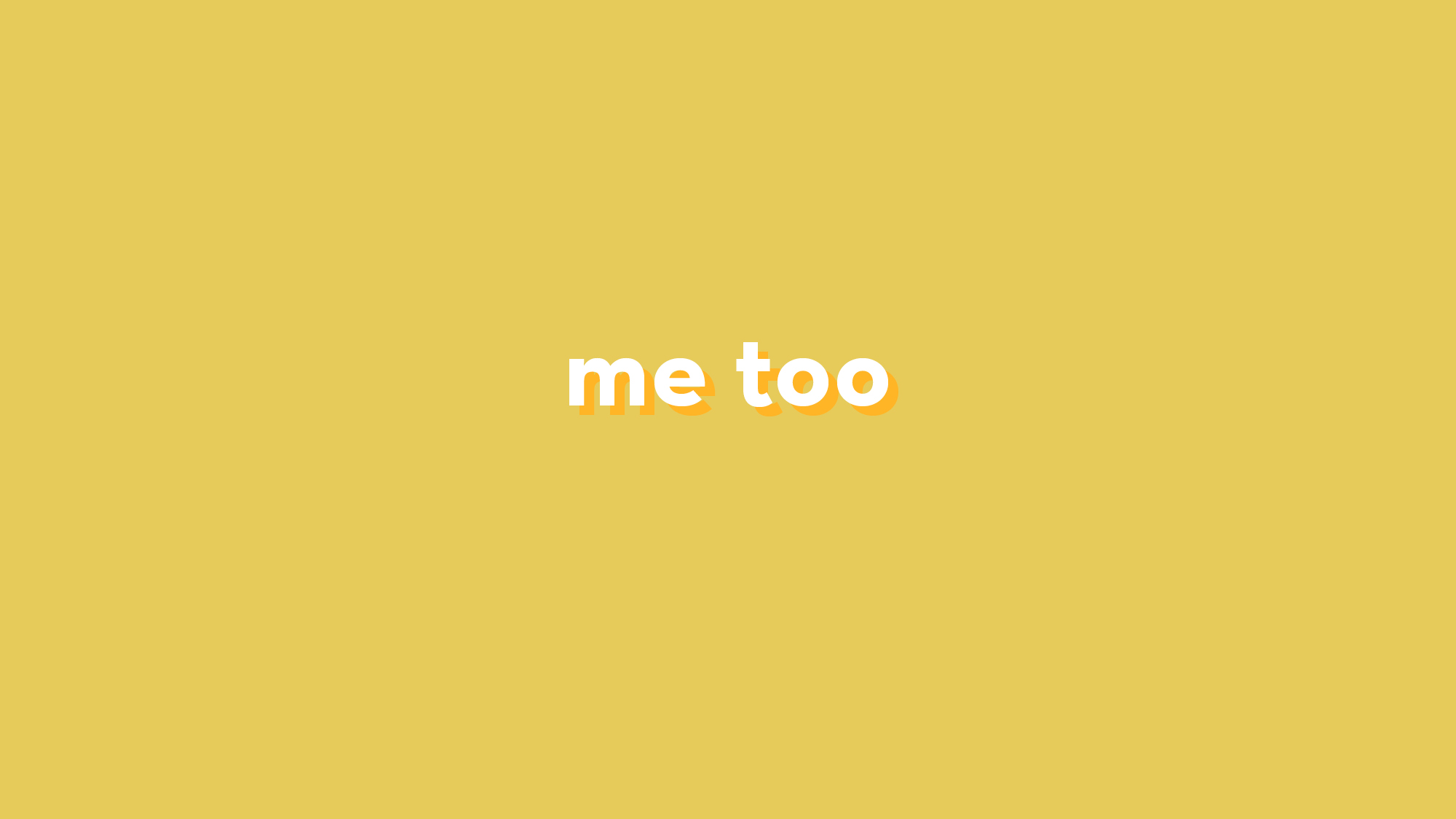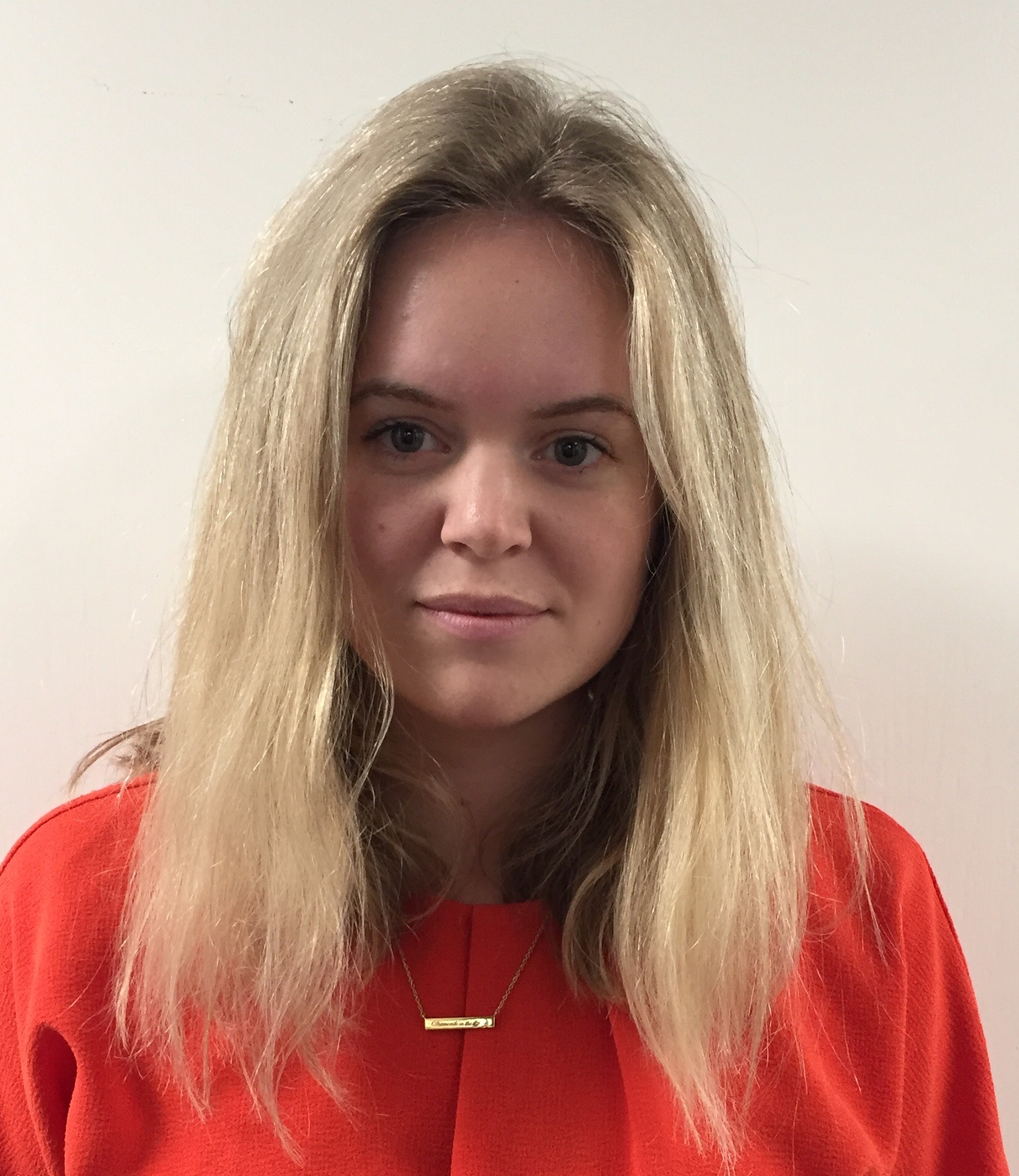Doesn’t every woman in the world have a #MeToo story?
Let's hope the #MeToo movement is the beginning of a seismic shift in the way we talk about and treat the victims of sexual harassment and assault, not just a social media fad


Celebrity news, beauty, fashion advice, and fascinating features, delivered straight to your inbox!
You are now subscribed
Your newsletter sign-up was successful
Let's hope the #MeToo movement is the beginning of a seismic shift in the way we talk about and treat the victims of sexual harassment and assault, not just a social media fad
This week more than 12 million women have taken to social media to talk about their experiences of sexual assault, harassment or abuse. As a growing list of alleged sexual assaults by Harvey Weinstein comes to light - many of which went unchallenged for decades - the Me Too hashtag is encouraging women to share their own stories in solidarity with victims.
The #MeToo woman is actress America Ferrera, who described being sexually assaulted at the age of nine; she's media mogul Martha Stewart, who revealed she was harassed while working as a model. But she's also your Facebook friend from primary school whose boss cornered her in a bar when she was an intern. She's your cousin who ran off a coach in Turkey when a man pressed his erection into her leg. She's your little sister, who was groped by the boy she'd turned down at Fresher's Week. She's probably you too.
I admit when I saw my Facebook feed filling up with stories yesterday morning, my initial thought wasn't a 'me too' but a 'poor them.’ That's never happened to me, I reasoned – I’m lucky. But then I thought harder and realised that yes, of course it had, but my collection of experiences felt so wearyingly commonplace I'd not even considered it.
If you're a woman reading this you'll probably have experienced a variation on my own #MeToo moments: sitting on a bus in Spain aged 12 when a 50-year-old man put his hand up my skirt, being groped a few years later by a 27-year-old who I believed was interested mostly in my sparkling conversation (and no I wasn't an 'old-looking' fourteen - whatever that’s supposed to mean - I was a fourteen-looking fourteen), interning at a small independent magazine after university and dreading the half hour after lunch when a friend of the investor would come down, sit on my desk - so close his thigh pressed my arm - and pepper me with uncomfortable questions about my personal life. 'I hate that bloody man', the fashion editor would scowl at his back as he disappeared back up the stairs, but neither of us ever thought to say anything. He was friends with the boss, the boss was the magazine's sole investor. Plus there would be more like him, so why rock the boat?
It's telling that so many of the stories on Facebook, Twitter and Instagram are prefixed with 'it goes without saying', 'obviously', 'of course' and 'like virtually every other woman.' One friend said, 'what's funny is I’ve been thinking all day about whether my experiences "count" enough for me to post this, which in and of itself says something', another friend described hers not as a single incident but 'a long series of paper cuts.'
Some of the stories shared have been single, life-altering incidents that it takes unimaginable levels of bravery to relive on social media. As writer Alexis Benveniste pointed out on Twitter, 'if a woman didn't post #MeToo, it doesn't mean she wasn't sexually assaulted or harassed. Survivors don't owe you their story.’
Celebrity news, beauty, fashion advice, and fascinating features, delivered straight to your inbox!
Every year a social media movement gathers so much momentum that for a week or so it's virtually impossible to ignore. But then the movement fizzles out and nothing much changes. Let's hope the scale and force of the Me Too hashtag movement isn’t one of those, because a seismic shift in the way we talk about and treat victims of sexual harassment and assault is long overdue. You only have to look at your Facebook feed to know this problem is way bigger and wider than one man in Hollywood.
